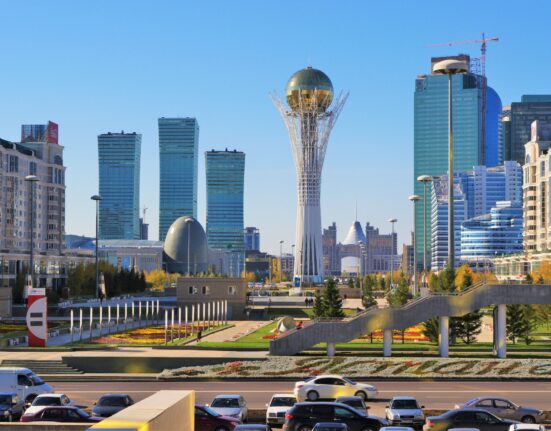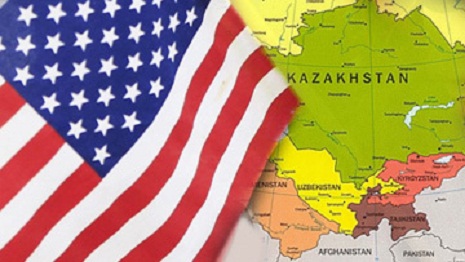The Council of the European Union (EU) has announced that the President of the European Council, António Costa, along with the President of the European Commission Ursula von der Leyen, will be travelling to Uzbekistan for the first-ever EU-Central Asia summit on 3-4 April 2025, with the participation of the presidents of Kazakhstan, Kyrgyzstan, Tajikistan, Turkmenistan, and Uzbekistan.
In today’s geopolitical landscape, marked by Russia’s aggression against Ukraine and ongoing developments in Afghanistan, relations between the EU and Central Asia have become of increased strategic importance, and the forthcoming summit will present a key opportunity for the EU to demonstrate its geopolitical interest in intensifying bilateral engagement and enhance regional cooperation with Central Asia.
According to the European Council, during the summit, the EU will affirm its commitment to scale up cooperation with Central Asia in areas of mutual interests, which include transport and digital connectivity in the region and with the EU, critical raw materials, economic and security cooperation, and energy transition.
High-level relations between the EU and Central Asia have intensified over the past years. In 2019, the EU adopted a new Strategy on Central Asia, which highlights the growing strategic relevance of the region for EU interests. The updated strategy aims to foster a stronger, modern and non-exclusive partnership with the countries of Central Asia so that the region develops as a sustainable, more resilient, prosperous, and closely interconnected economic and political space.
The EU is the second-largest trading partner for Central Asia, as well as the biggest investor with over 40% of the investment in the region originating from the EU.
To further deepen bilateral ties, the EU has negotiated enhanced partnership and cooperation agreements (EPCAs) with all Central Asian countries, except Turkmenistan.




